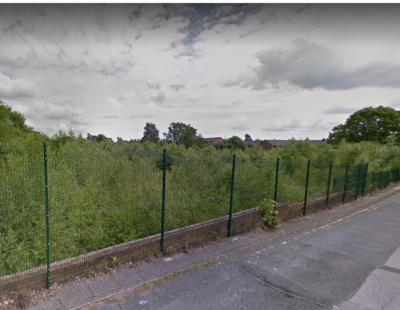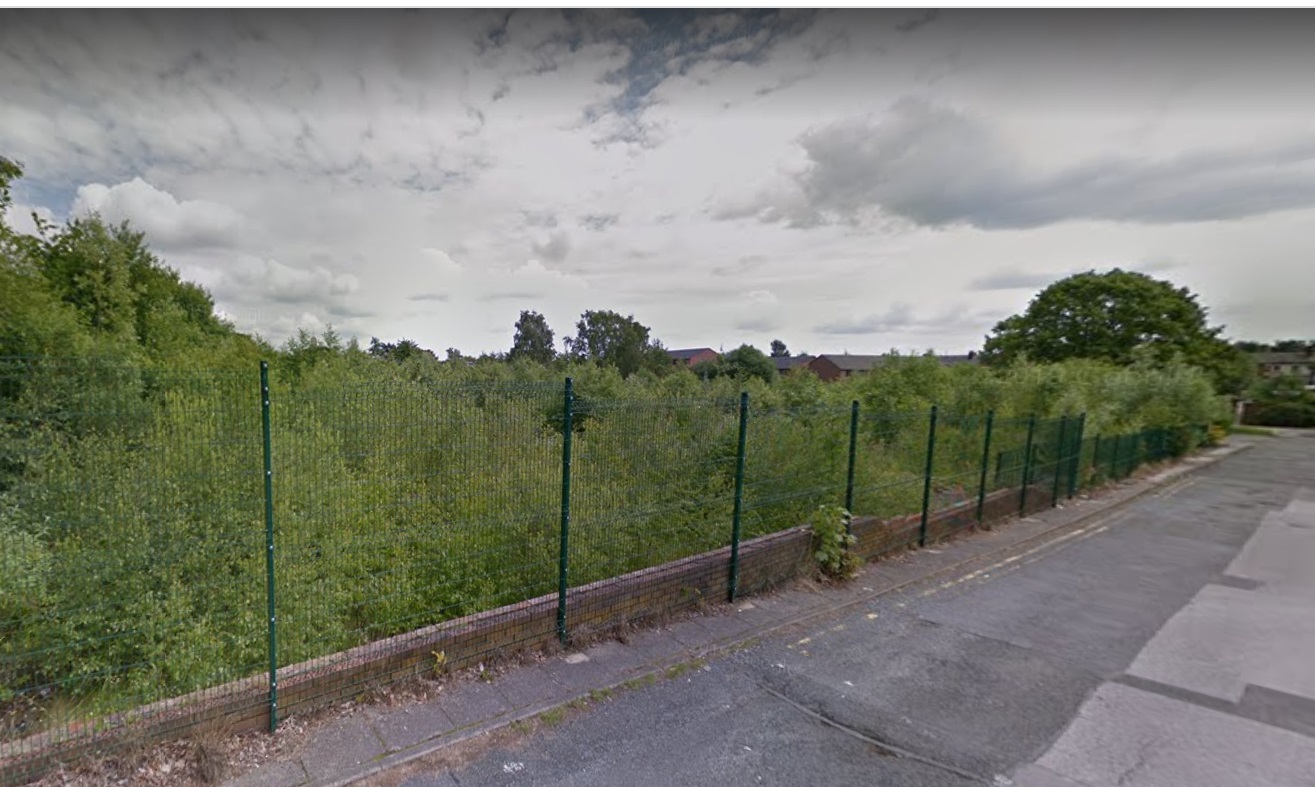The proposals for a new £25.8million intermediate care facility on Lockton Lane will replace and extend the current provision across multiple sites in the town.
Intermediate care is a free short-term service where patients receive intensive support from a range of professionals, either in a bed-based facility or via community services, to help them recover from illness or injury and regain their independence so that they can live safely at home for as long as possible, without the need for long-term care.
A report to members outlined the purpose, rationale, benefits and proposal for the provision of a new intermediate care facility for Warrington. The report put forward the preferred option for a new facility on the former school site, to seek approval for the new-build proposals, and to gain approval for progress to Royal Institute of British Architects ‘stage three’ design and development, which includes a pre-planning and formal planning application.
The proposal sets out plans to develop a modern and sufficient bed-based facility in the centre of the town that will meet current and future need for the borough.
Bed-based intermediate care means that people will receive care and support at the facility, with a place to rest and recover, on a temporary basis. Plans therefore include the provision for up to 80 beds, split into five wings over three floors, which would enable the closure of all other intermediate care beds as delivery will be from this single, state-of-the-art site.
The site will also feature office space and provision for community intermediate care services, and parking for staff and visitors. External facilities also include ambulance parking, patient drop-off, delivery access and waste storage.
The proposals for this facility are in line with the overarching joint local strategy to grow, modernise and improve the reablement and intermediate care offer and facilities in Warrington.
Cllr Paul Warburton, cabinet member for statutory health and adult social care, said: “Intermediate and reablement care services provide essential support for a short time to help people recover from an illness, injury or crisis, to optimise their current and future independence.
“Timeliness of access to responsive and effective intermediate care services is vital to help people achieve and maintain independence at home and help to reduce delays in discharge from hospital. It has been recognised for some time that our current intermediate care facilities are unable to meet existing demand and the future needs of an ageing population.
“Our current bed-based intermediate care provision is dispersed across the town and, although great improvements have been made to service provision, the bed-based building – Padgate House – is dated and lacks capacity. This new facility will meet the requirements of the intermediate care and reablement services for the residents of Warrington.
“The overall aim for this new facility is to enable more people to live independently for as long as possible, which impacts positively on outcomes for them and reduces the long-term cost of care, and it will also provide wider benefits across the whole health and care system in Warrington.”
NHS partners across Warrington have been involved in the development of proposals for the new facility, with cabinet agreeing to progress discussions with key partners and place leads regarding future funding and revenue costs.
The capital cost of the preferred option is currently estimated at £25.8 million, with future funding arrangements subject to ongoing discussions with NHS Cheshire and Merseyside’s Integrated Care Board and local system partners.
Carl Marsh, NHS Cheshire and Merseyside’s Place Director for Warrington, said: “In Warrington, most of our intermediate care services are provided by a partnership of the council and Bridgewater Community Healthcare NHS Foundation Trust. Intermediate care staff work closely with colleagues from the hospital, primary care, community services, paramedics, and the voluntary sector to ensure that patients and their carer’s needs are met.
“Currently there are a number of patients with ‘no right to reside’ in hospital who are experiencing a delayed discharge, which can negatively impact on their health and wellbeing and ability to recover and regain their independence. We recognise that by working together as a system to create a new care facility, we can help people to stay independent and well for longer, better manage demand and flow both in and out of the hospital and respite care, and manage current and future costs more effectively by delaying the need for long-term care services.”

